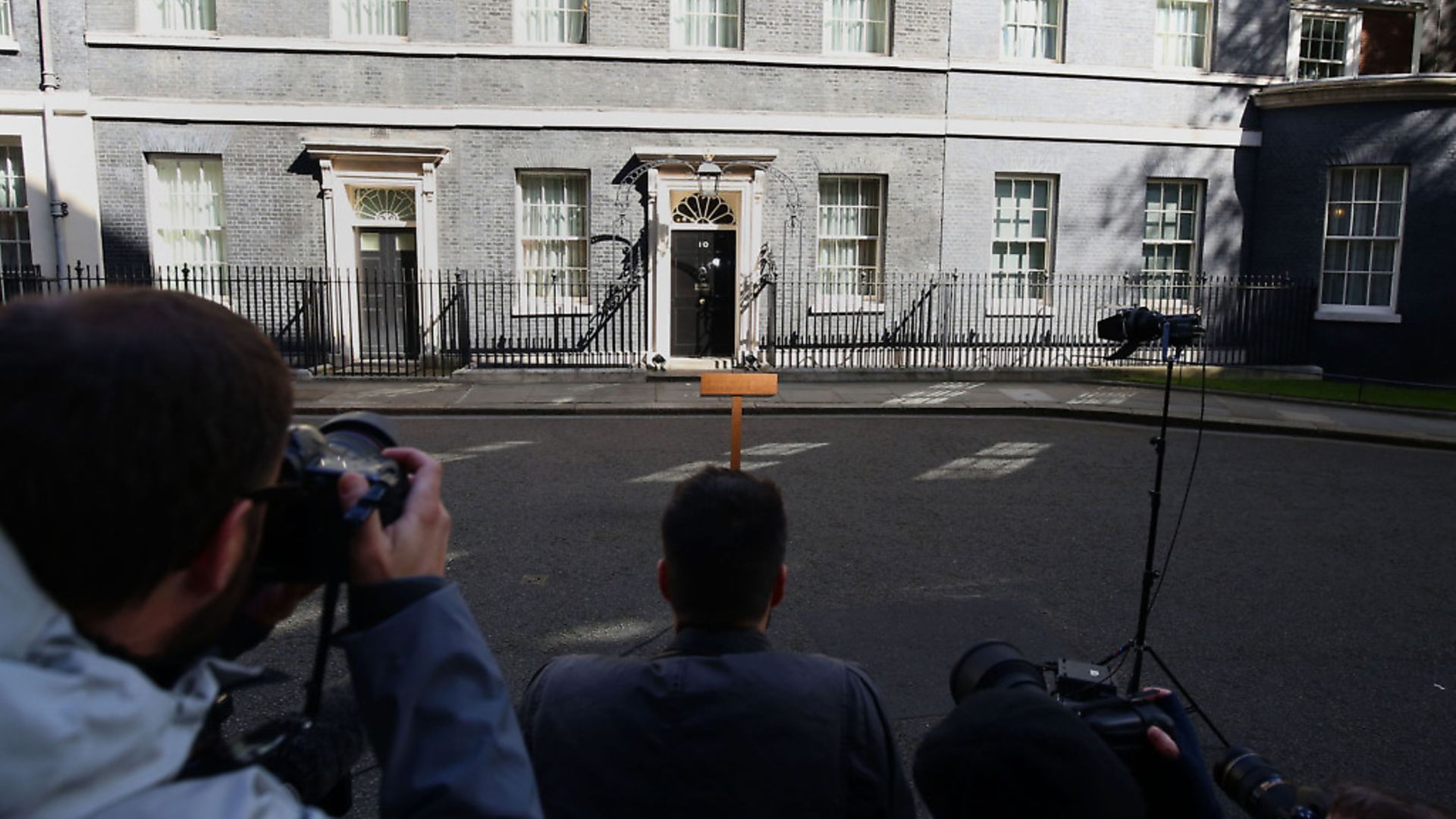
Although it makes absolute political sense to do it – very few Westminster watchers saw this decision coming.
Wherever you stand on Theresa May this is clearly the boldest call of her short term in Number 10 especially after repeatedly saying an election would be ‘destabilising’ and even telling Andrew Marr: ‘I’m not going to be calling a snap election.’
Odd then, you may think, that the Prime Minister used the day Parliament returned from the Easter recess – part of which she spent walking in North Wales – to say she had ‘recently and reluctantly’ concluded that she would call a snap general election.
In the end it was the headache caused by Brexit, and the risk of trying to take deeply divisive measures through the Commons with a working majority of just 17, that forced her hand.
In her statement outside Downing Street she confirmed the campaign would focus squarely on leaving the EU telling those who oppose a Hard Brexit: ‘This is your moment to show you mean it.’ And she is right – but can the Remainers mobilise in time to dent the Tories’ clear advantages in the polls?
Jeremy Corbyn has rebooted his ‘fight’ against the government on several occasions with very few punches coming anywhere close to landing. He must stop flailing in thin air now if his party – and his leadership – has any chance in the polls. Their best chance may be to oppose Brexit as strongly and defiantly as possible while highlighting clearly the damage a Hard Brexit will do to traditionally working class areas.
The Liberal Democrats may only have a handful of MPs left in the House of Commons but if anything they start this campaign on better footing than Labour – they could make gains in strong Remain seats.
May will be clear that even though she is a long way ahead in the polls every election carries risks for the incumbent. But she will also have been anxious to avoid comparisons with Gordon Brown, whose dithering over whether to call an early election after entering Number 10 in 2007 left him damaged and soon disposed.
Like Brown, she took over in Downing Street without winning a general election. She was sensitive to the comparison whenever it was made and it appears she has decided not to make the same mistake he did.
While Brexit may be the reason May cited for her decision to seek a strengthened Commons majority, she has also faced difficulties with rebellious backbenchers on domestic policies.
Her Chancellor, Philip Hammond, was forced into a humiliating U-turn over his Budget when it emerged that his plans to increase self-employed National Insurance contributions faced resistance in the Tory ranks.
And May’s flagship education reforms, including a new generation of grammar schools, would also be vulnerable to a rebellion by a handful of Tory critics.
The prospect of election expenses investigations in a series of seats won by the Tories in 2015 may also have influenced May’s decision to hold a fresh ballot.
The bookmakers have already installed the Tories as firm favourites to win the most seats in the general election.
But as the EU referendum and Donald Trump’s victory in the USA showed, any election is a gamble.
The Prime Minister has just placed the biggest bet of her career.









